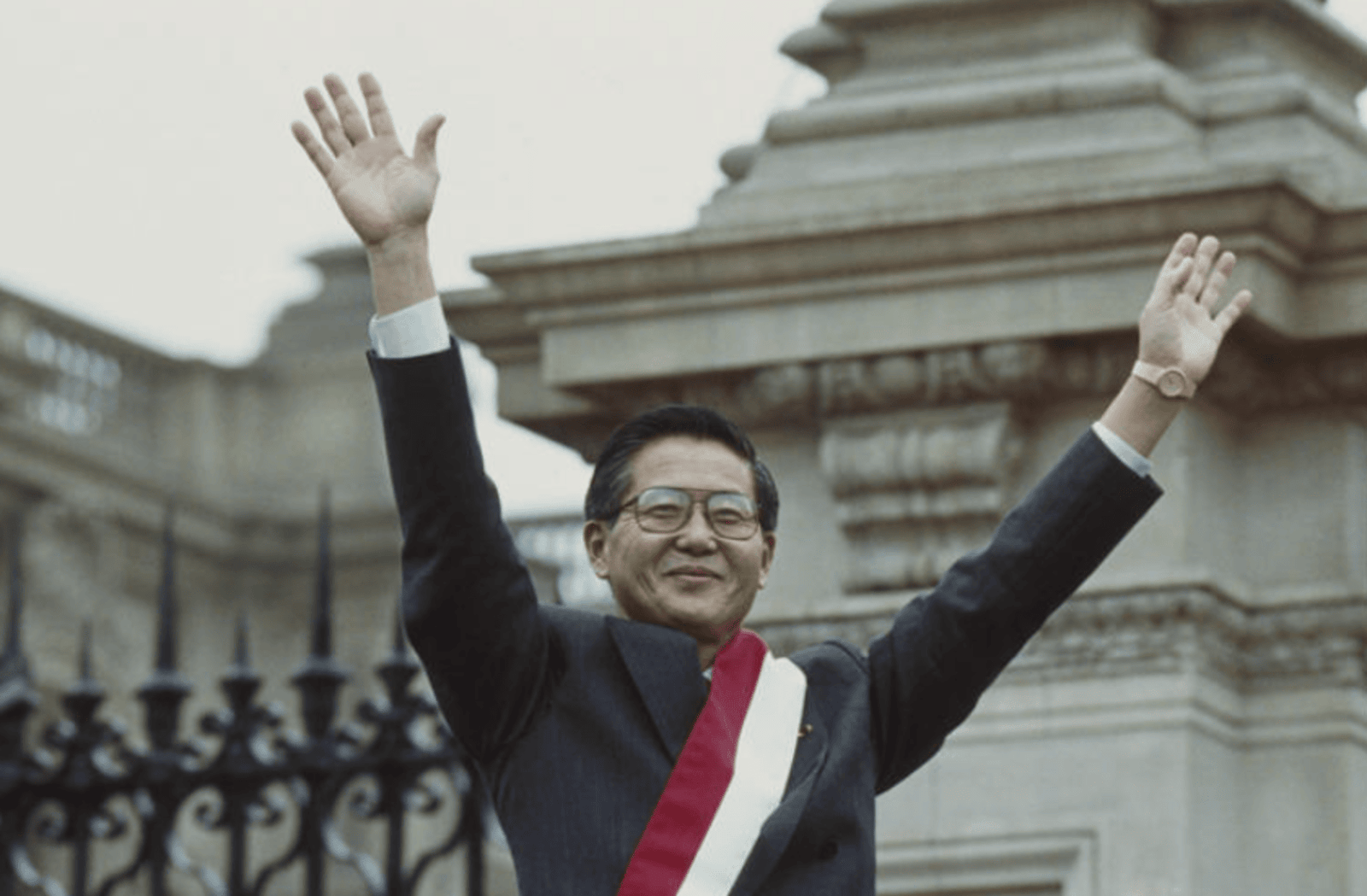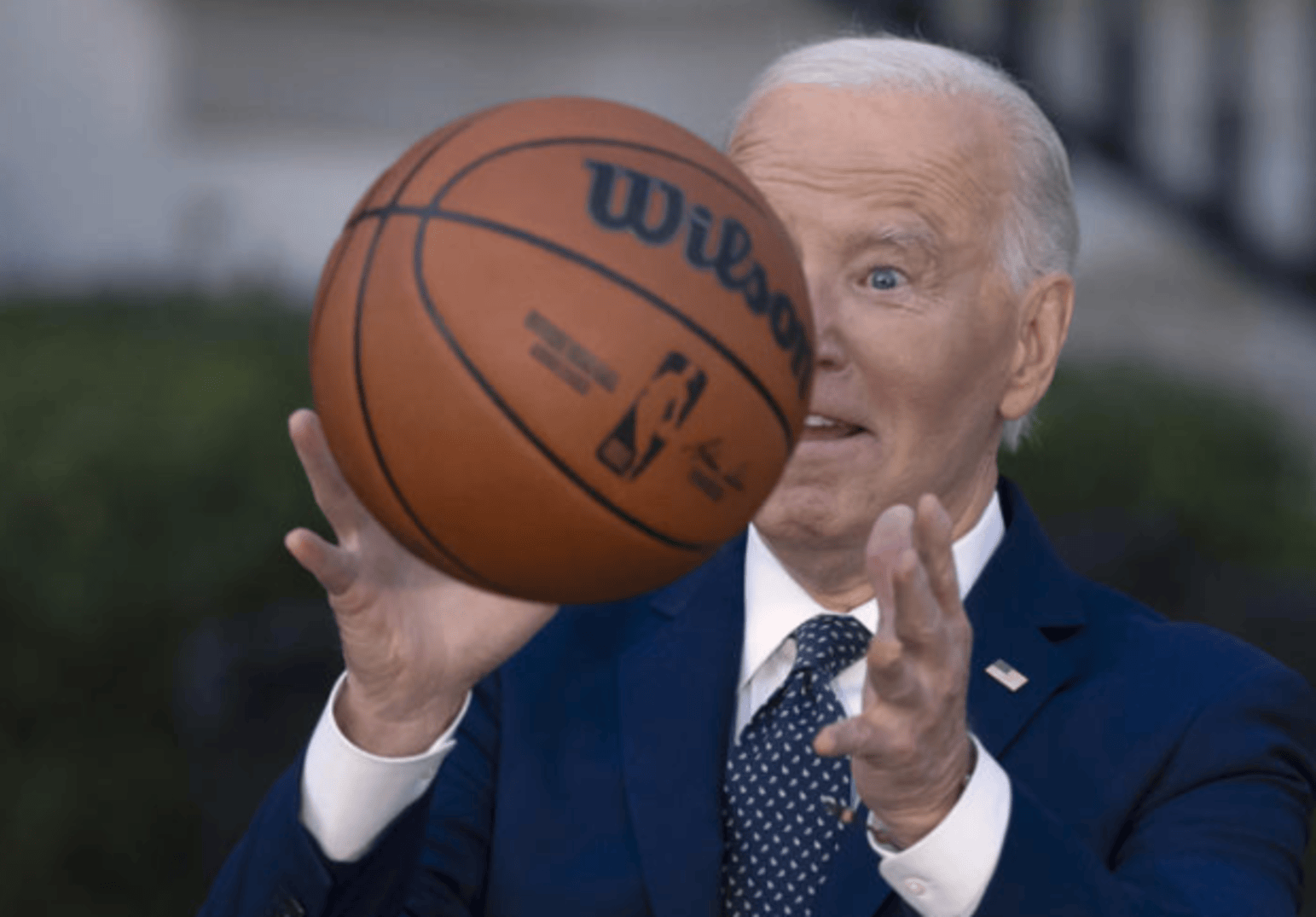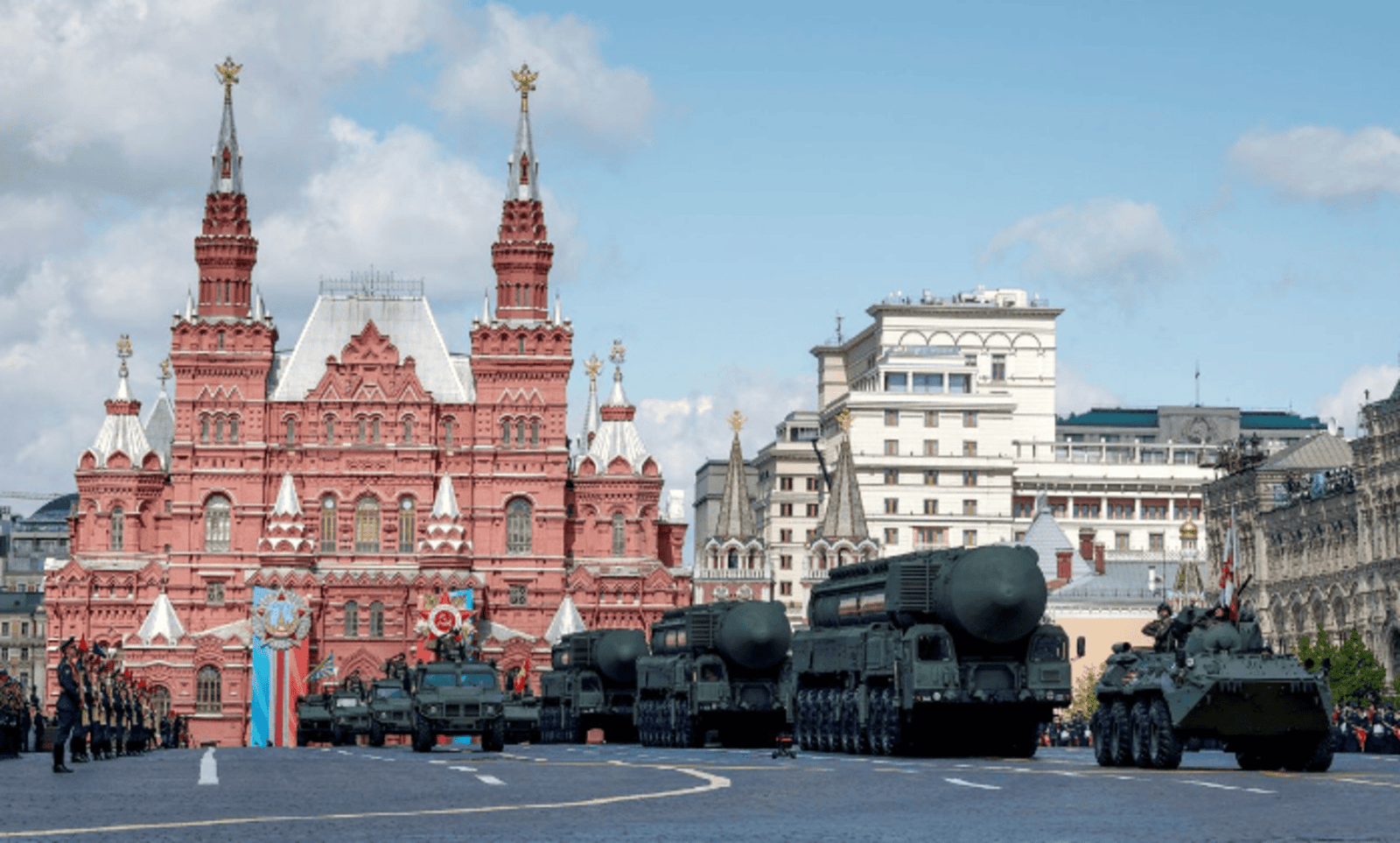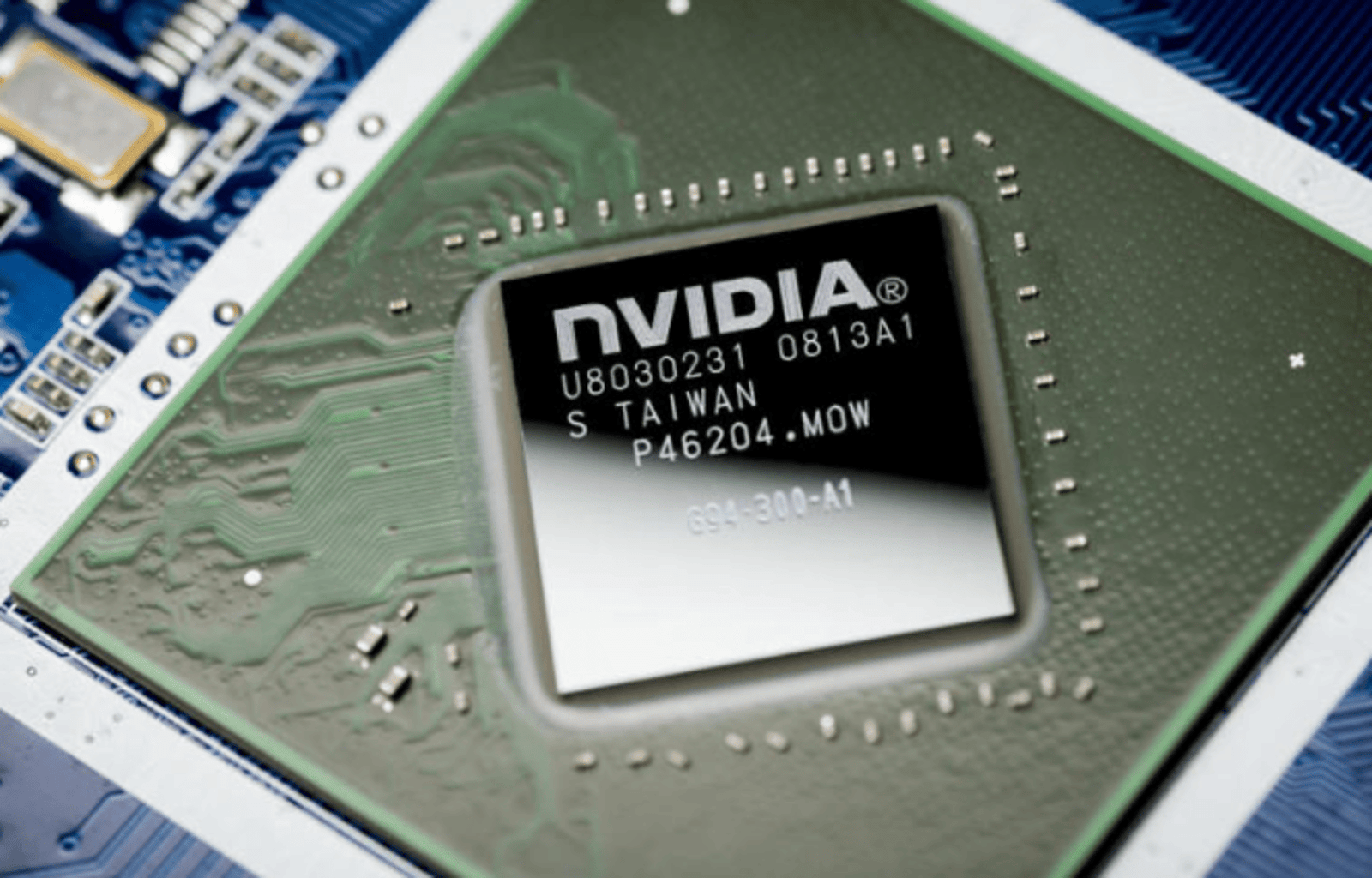
Alberto Fujimori: 5 Crucial Points of His Legacy. Alberto Fujimori: A Complex Legacy
Early Triumphs
Elected in 1990, Fujimori initially tackled Peru’s economic instability. His policies led to a period of economic growth. He implemented reforms that stabilized the economy and attracted foreign investment.
Another major challenge during his presidency was the fight against insurgent groups. The Shining Path and the Tupac Amaru Revolutionary Movement were formidable enemies. Fujimori’s government succeeded in reducing the power of these insurgencies. The success was partly due to a hardline approach and military tactics. Alberto Fujimori: 5 Crucial Points of His Legacy
Shift Towards Authoritarianism
Despite early successes, Fujimori’s presidency took a darker turn. Over time, his governance became increasingly autocratic. He concentrated power in his hands and undermined democratic institutions.
In 1992, Fujimori dissolved Congress and declared a “self-coup.” This move was justified as necessary to fight corruption, but it led to widespread criticism. His government altered the constitution to extend his presidency. These actions were viewed as a betrayal of democratic principles.

Human Rights Abuses and Corruption
Fujimori’s presidency faced severe accusations of human rights violations. His administration was linked to several atrocities. Notably, there were reports of extrajudicial killings and forced disappearances. The government’s actions against suspected insurgents were often brutal.
In 2000, a scandal involving corruption and abuse of power emerged. This scandal involved bribery and the embezzlement of public funds.
Alberto Fujimori’s presidency in Peru was marked by significant achievements, but it was also overshadowed by serious human rights abuses and corruption. These issues remain central to understanding the full impact of his time in office.
Human rights abuses during Fujimori’s administration were particularly alarming. His government employed harsh tactics in the fight against insurgent groups like the Shining Path and the Tupac Amaru Revolutionary Movement. While these measures initially garnered support for reducing violence, they soon drew criticism for their brutality. Reports surfaced of extrajudicial killings, forced disappearances, and other severe violations committed by security forces.
Imprisonment and Pardoning
Fujimori’s escape did not end his legal troubles. His sentencing included a long prison term.
In 2017, a controversial pardon was granted to Fujimori. This pardon was issued on humanitarian grounds due to his failing health. The decision was met with mixed reactions. Many Peruvians saw it as a political maneuver, while others supported it on compassionate grounds.
Recent Developments
Despite his pardon, Fujimori remained a polarizing figure. His daughter, Keiko Fujimori, has been a prominent politician. In July 2024, she revealed that her father was considering another run for the presidency. This announcement was met with mixed reactions from the public and political analysts.
Fujimori’s legacy remains complicated. His early successes are overshadowed by his later actions. The contrast between his achievements and his authoritarian rule has defined his historical impact.
Death and Legacy
Alberto Fujimori died in Lima on Wednesday at the age of 86. Fujimori’s passing prompted reflections on his complex legacy.
His tenure remains a subject of intense debate. Some view him as a reformer who saved Peru from economic collapse. Others criticize him for his autocratic rule and human rights violations. His legacy is a blend of significant accomplishments and serious flaws.
Alberto Fujimori’s death marks the end of a highly complex and controversial era in Peruvian history. At the age of 86, Fujimori passed away in Lima, a city that witnessed the highs and lows of his political career. His death has reignited discussions about his legacy, highlighting the enduring impact of his presidency.
Fujimori’s presidency began with promises of economic recovery and political stability. Early in his term, he was credited with significant achievements, such as stabilizing Peru’s economy and effectively combatting violent insurgencies. These accomplishments earned him considerable praise both domestically and internationally.
However, his presidency took a darker turn as his governance became increasingly autocratic. Fujimori’s administration was marred by accusations of human rights abuses, including extrajudicial killings and forced disappearances. The 2000 corruption scandal, which led to his downfall, further tainted his legacy. The subsequent revelations about widespread corruption and abuse of power were pivotal in shaping the public’s perception of him.
Fujimori’s 2017 pardon for health reasons was a deeply divisive decision. While some viewed it as a compassionate act, many Peruvians saw it as a politically motivated move that undermined justice. The controversy surrounding his pardon continued to affect how he was remembered.
In recent years, Fujimori’s daughter, Keiko Fujimori, attempted to resurrect her father’s political influence. Her efforts to position him as a potential presidential candidate again polarized public opinion. This move demonstrated the lingering divisiveness of Fujimori’s legacy in Peruvian politics.
As Fujimori’s death prompts reflection, his legacy remains a blend of substantial achievements and significant controversies. He is remembered both for his role in transforming Peru’s economy and for the darker aspects of his presidency. This complex legacy reflects the challenges of reconciling his contributions with the authoritarian practices that defined his rule.
Conclusion
Alberto Fujimori’s life and presidency are a study in contrasts. His early years in office brought stability and growth to Peru.
As Peru reflects on Fujimori’s life, the focus will likely be on his lasting impact. His presidency remains a pivotal moment in Peruvian history. The complexities of his rule underscore the challenges of leadership and governance.







